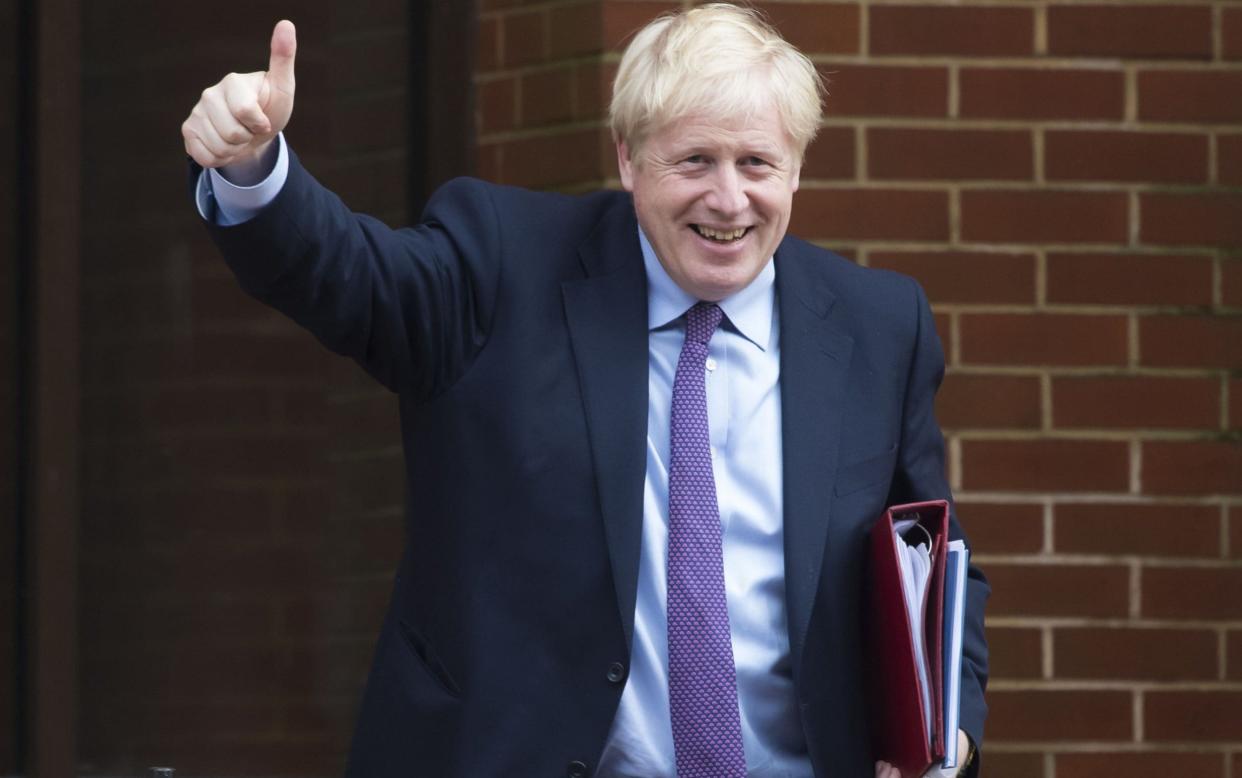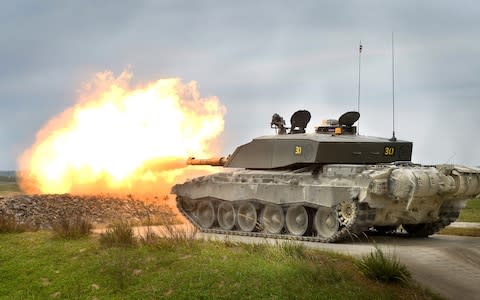German public trust in UK falls to historic low amid Brexit stand-off

German public confidence in Britain as a reliable ally has collapsed in the face of the current Brexit stand-off, a poll has found.
Only a third of Germans still believe the UK can be trusted, according to the findings — a drop of 17 per cent since Boris Johnson became Prime Minister.
It is the lowest figure ever recorded for the UK by the Deutschland Trend survey for ARD television, which has been tracking German public opinion of key allies since 2007.
And in further evidence Germans mistrust the man known in the popular press here as “Brexit Boris”, more than two-thirds of those polled said they believe relations between Britain and the EU will deteriorate under his premiership.
“Boris Johnson has been leading the British government since last week, and his accession to office has affected the image of the UK in Germany,” Infratest Dimap, the polling company behind the survey, said in its report.
“Hardly anyone believes that relations between the EU and UK can get closer under the new Prime Minister.”

Britain has long been one of Germany’s most trusted allies according to the findings of the poll, regularly coming second only to France.
German public trust in the UK dropped from a 2008 high of 85 per cent in the wake of the 2016 referendum, but remained above 50 per cent throughout Theresa May’s premiership.
As recently as February - the most recent figures available - as it became clear Mrs May did not have the necessary support in parliament for her withdrawal agremeent, 54 per cent of Germans still believed Britain was a reliable partner.
But that figure has now dropped to 37 per cent in the face of Mr Johnson’s hardline approach to Brexit.
“Brexit or the dispute over it, has led to a massive loss of confidence in a partner who has not been insignifcant for German security, and who remains of great importance to the German export industry,” Klaus-Dieter Frankenberger, a respected commentator, wrote in the conservative Frankfurter Allgemeine Zeitung newspaper.
“The expectation that the relationship between Britain and the EU will continue to deteriorate gives European negotiators little reason to be open to Johnson's demands.”
The drop in German confidence mirrors a similar collapse in trust of the US under the presidency of Donald Trump.
In mid-2016, when Barack Obama was president, German public confidence in the US was above 50 per cent — although it remained lower than trust in the UK even after the Brexit referendum.
But following Mr Trump’s election in November that year it dropped to 22 per cent, and in the latest figures it has slipped further to just 19 per cent.
The drop in German support for the US and UK represents a worrying erosion of confidence in the Western alliance that won the Cold War.
Germans currently have more confidence in Russia than the US according to the poll, with 26 per cent of Germans believing Vladimir Putin is trustworthy.
Only France among key allies appears to be still trusted by Germans, with 89 per cent of those polled believing it is a reliable partner.
But in a boost for President Trump, the poll findings suggest that German public opinion is shifting in favour of higher military spending.
Mr Trump has been pressuring Angela Merkel's government to meet Nato's defence spending target of 2 per cent of GDP. German spending currently lags far behind at just 1.2 per cent.
The poll found that half of Germans now believe Germany should increase military spending to meet the target — a rise of 7 per cent compared to April.

